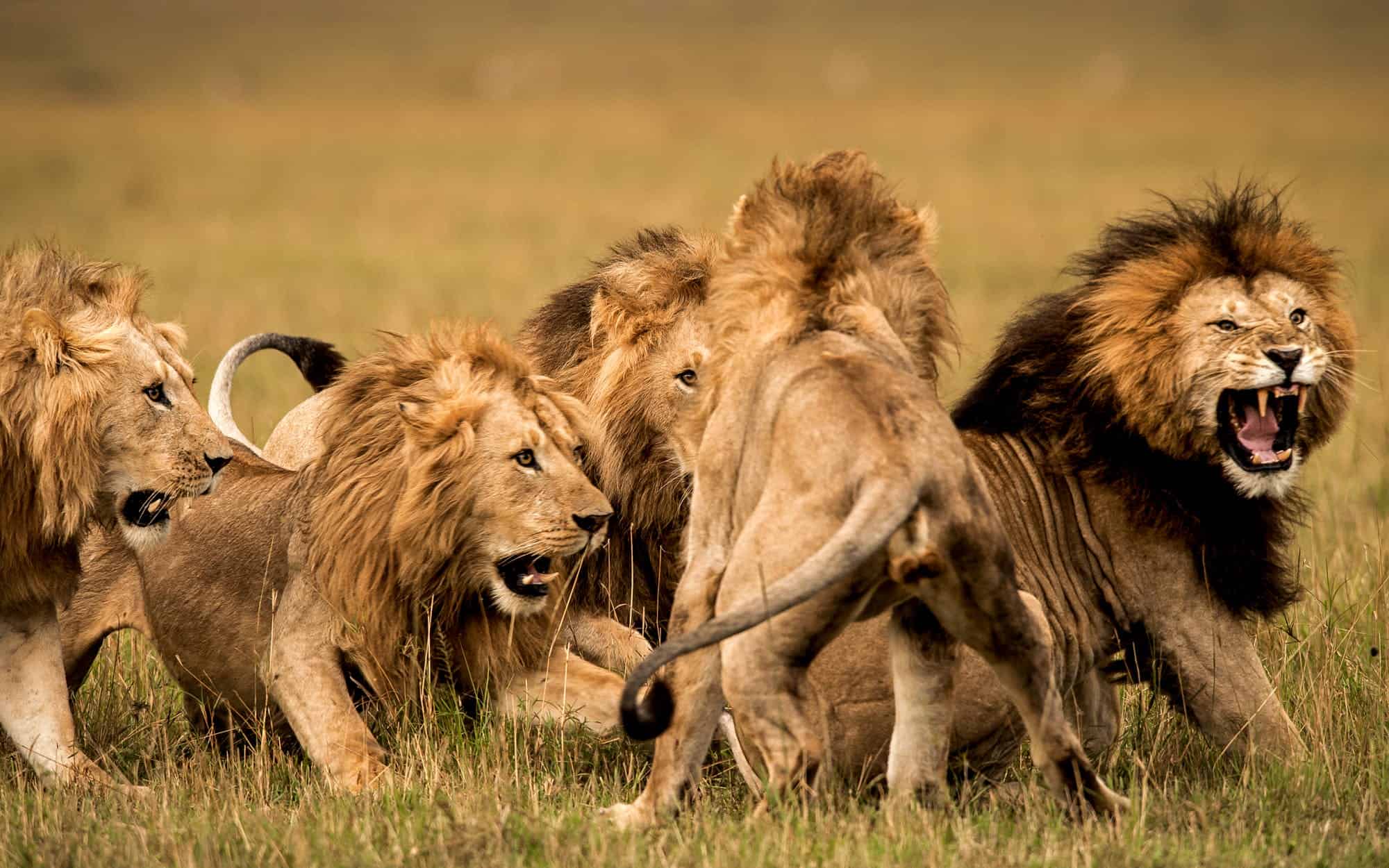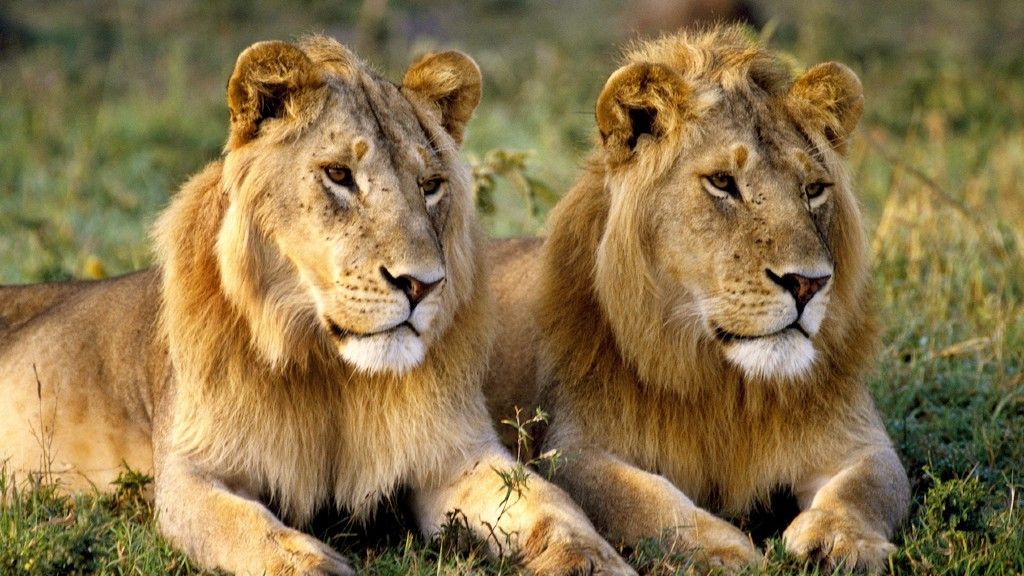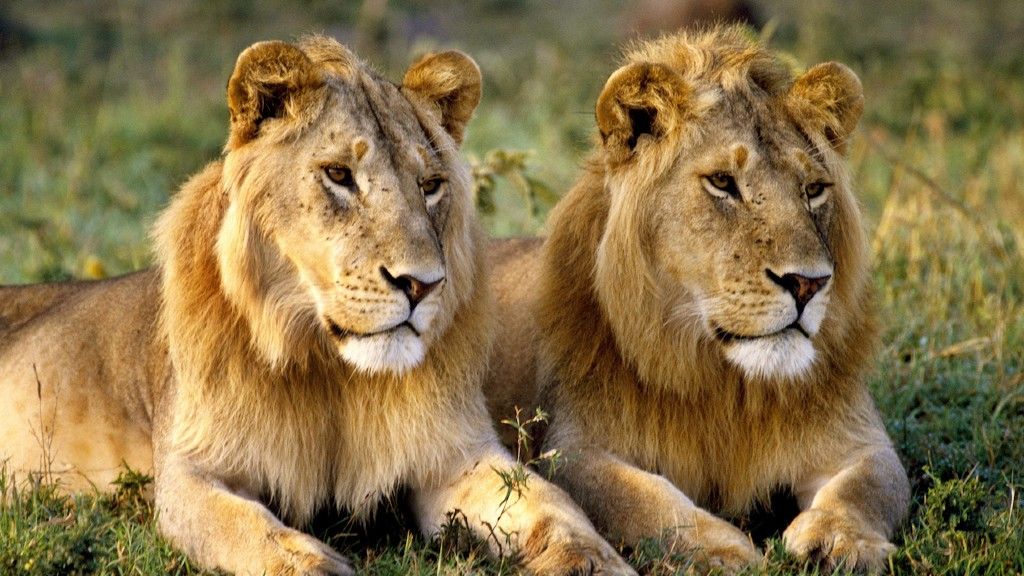The fascination with lions is a global phenomenon, expanding far beyond the wild habitats of Africa where these majestic creatures roam. From children’s toys and animated films to art and literature, lions symbolize power, majesty, and bravery. However, the peculiar trend of keeping lions as pets has gained traction in several countries, sparking controversy and debate. This blog post delves into the reasons behind this phenomenon, examining cultural influences, economic factors, social perceptions, and ethical considerations associated with the idea of lion ownership.

Cultural Symbolism and Historical Context
For many societies, lions carry deep cultural significance. They have been revered in various mythologies and folklore, often appearing as symbols of strength and leadership. In ancient civilizations, such as those in Egypt, India, and Greece, lions were frequently depicted in art and literature, embodying nobility and dominance. These cultural associations can create a desire among individuals and communities to own a lion, viewing it as a status symbol or a representation of personal power.
In countries where lions are featured in national emblems or cultural icons, owning one may also serve as an expression of national pride. Some individuals may believe that having a lion reinforces their connection to their country’s heritage, enhancing their personal identity.
>>> Buy now: 3d Animal Lion Bedding Set Duvet Cover Set Sheet Pillowcase
The Exotic Pet Market
The global exotic pet market has seen substantial growth in recent years, fueled by a combination of social media influence and celebrities who adopt unconventional pets. Lions, with their striking appearance and regal demeanor, attract significant attention. People often underestimate the complexities of raising such an animal, focusing more on the allure and social cachet involved. Social platforms frequently showcase images and videos of lions in domestic settings, leading to a glamorization of exotic pet ownership.
Countries with permissive laws regarding exotic animal ownership may experience a rise in lion adoptions, as individuals strive to attain what they perceive as an elite lifestyle. This trend is not limited to individuals in wealthy countries; people from diverse socioeconomic backgrounds may partake in this phenomenon, often without a full understanding of the implications.
Economic Factors
In some regions, the economic allure of lion ownership plays a significant role. Lions can become sources of income for those who breed them or run businesses around them, such as safari parks and entertainment venues. The financial incentive to breed and sell lions can sometimes outweigh concerns for the animal’s welfare, leading to irresponsible breeding practices.
Tourism also plays a role in the economic factors driving lion ownership. Countries that attract tourists seeking exotic wildlife experiences may capitalize on this interest by promoting lion encounters. These practices can create a paradox where the lion is viewed more as a commodity than a living being, perpetuating the cycle of exotic ownership.
Social Media Influence
The rise of social media has revolutionized the desirability of exotic pets, including lions. Platforms such as Instagram and TikTok have created powerful influencers who share their lives with unique animals, showcasing their interactions and adventures. The likes, shares, and attention that these posts receive can cement the idea of lion ownership as aspirational, leading others to pursue similar lifestyles.
The viral nature of such content can overshadow the grim realities of keeping a lion as a pet, including the significant financial, emotional, and physical demands involved. Consequently, the pressure to conform to social media ideals can push individuals to make hasty decisions regarding lion ownership.
Ethical Considerations
Despite the allure of having a lion as a pet, ethical concerns loom large. Lions are wild animals with unique behavioral and social needs. In domestic settings, they face numerous challenges, including inadequate space, lack of appropriate social structures, and inappropriate diets. The consequences of these factors may lead to behavioral issues, health problems, and increased stress for the animals involved.
Moreover, the maintenance of lions requires extensive resources not only for their physical care but also for adequate space, dietary needs, and veterinary support. For many individuals, the reality of pet ownership diverges dramatically from the fantasy, often resulting in abandonment or neglect of the animals.
Organizations dedicated to wildlife conservation and animal rights strongly oppose keeping lions as pets. They argue that domestic environments fail to replicate the complexity of their native habitats and that lion ownership contributes to a broader problem of wildlife exploitation.
Legal Restrictions and Movements
In response to mounting ethical concerns, several countries have imposed legal restrictions on exotic pet ownership. Regulations can range from complete bans on private ownership to strict licensing requirements. Such laws aim to protect both animals and communities by ensuring that owners comply with safety and welfare standards. However, enforcement can be challenging, leading some individuals to evade regulations through illegal means.
In regions where lion ownership remains legal, advocacy groups continue to campaign for reforms, raising public awareness about the responsibilities tied to exotic pet ownership. By informing potential owners about the realities of lion care and the ecological impact of private ownership, these organizations strive to shift perceptions and reduce the number of lions kept as pets.
The trend of keeping lions as pets reflects a complex interplay of cultural symbolism, economic interests, social media influence, and ethical dilemmas. While the allure of lions may be irresistible to some, it is essential to consider the broader implications of this decision—not only for the individuals involved but also for the animals themselves and the conservation efforts that aim to protect wildlife.
>>> Read more: Step Into The World Of Custom Fashion With Custom Unisex T-Shirts
As global awareness grows regarding the responsibilities tied to exotic pet ownership, it is crucial for individuals to educate themselves on the reality of caring for a lion. These profound animals deserve to live in their natural habitat, where they can thrive in social groups and fulfill their ecological roles. By understanding the challenges and ethical considerations of lion ownership, we can foster a more humane and respectful relationship with wildlife, seeking alternatives that support conservation efforts rather than exploit them.




Related post
Breaking Down the Key Tactical Edgeas in the Oakland Raiders Lineup
Breaking Down the Key Tactical Edges in the Oakland Raiders’ Lineup reveals not just a football team but a storied franchise with an indomitable spirit.
The Most Heartwarming Moments of Spider Man On Screen
The world of Spider-Man is not just filled with thrilling battles and breathtaking stunts; it’s a tapestry woven with moments of profound empathy, love, and
5 Tips to Style Hoodies on Cold Winter Days
As winter settles in, many of us find ourselves reaching for cozy essentials that provide warmth and comfort. One such wardrobe staple is the hoodie.
The Truth Behind the Rumor ‘Santa Claus Is Ugly’ That Surprises Many
As the holiday season approaches, the character of Santa Claus emerges in various forms, his iconic red suit and white beard eliciting warmth and joy
Guide to Creating a Heavy Metal Sound in the Style of Tony Iommi
Heavy metal is a genre rich with history and technical prowess, and few guitarists have influenced its sound as profoundly as Tony Iommi, the legendary
Breaking Down the Key Tactical Edgeas in the Oakland Raiders Lineup
Breaking Down the Key Tactical Edges in the Oakland Raiders’ Lineup reveals not just a football team but a storied franchise with an indomitable spirit.
The Most Heartwarming Moments of Spider Man On Screen
The world of Spider-Man is not just filled with thrilling battles and breathtaking stunts; it’s a tapestry woven with moments of profound empathy, love, and
5 Tips to Style Hoodies on Cold Winter Days
As winter settles in, many of us find ourselves reaching for cozy essentials that provide warmth and comfort. One such wardrobe staple is the hoodie.
The Truth Behind the Rumor ‘Santa Claus Is Ugly’ That Surprises Many
As the holiday season approaches, the character of Santa Claus emerges in various forms, his iconic red suit and white beard eliciting warmth and joy